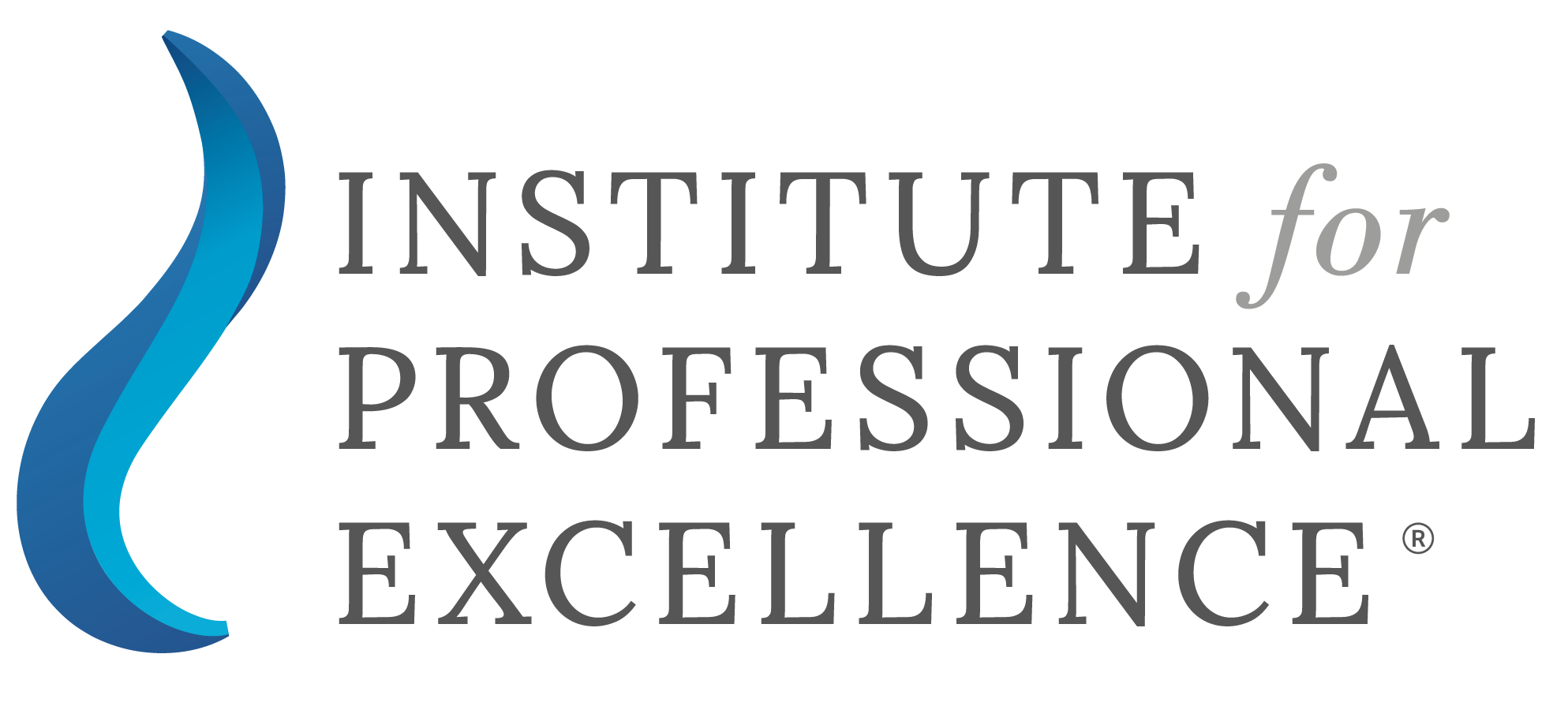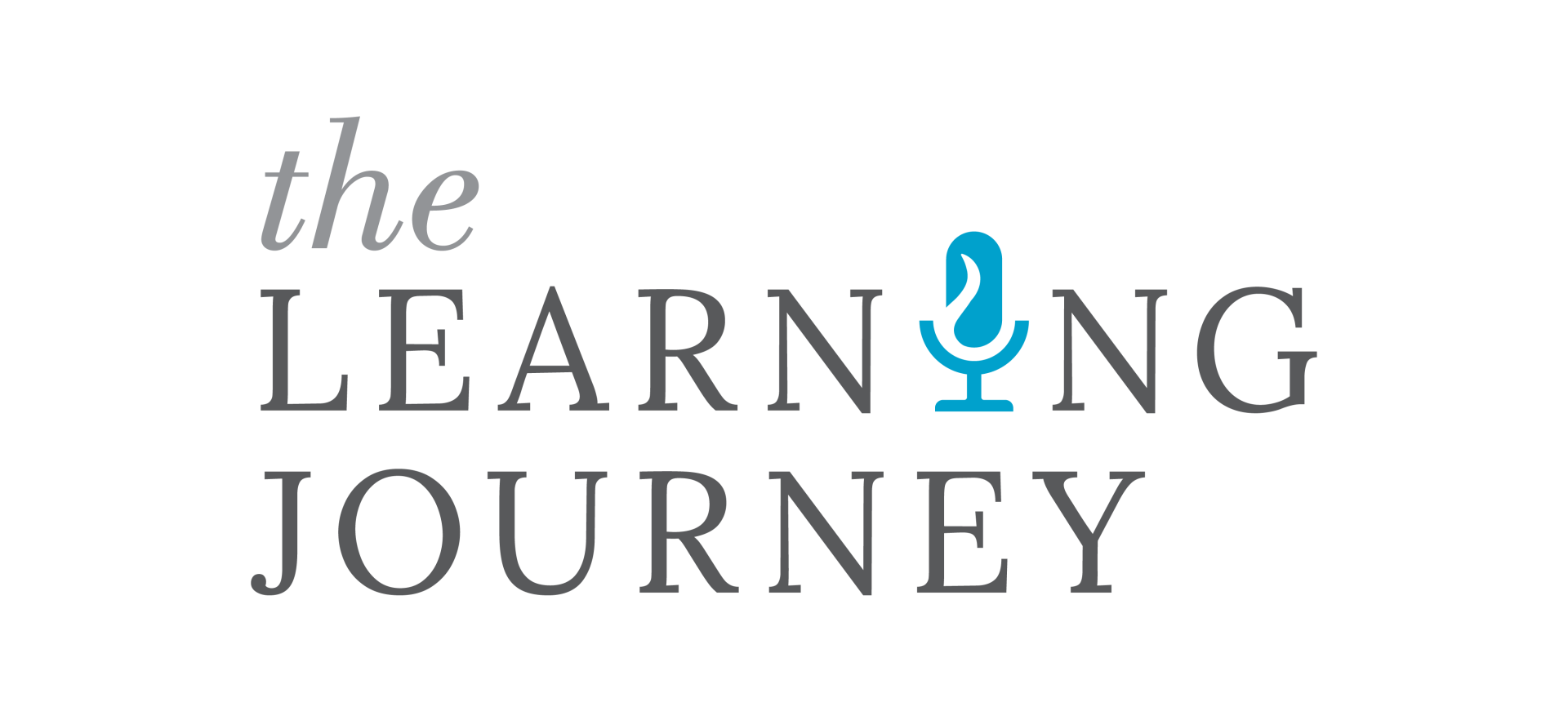Jun 18
/
Evdokia Pitsillidou
Important AML Regulatory Updates in 2024
about the author
Evdokia, a partner at SALVUS Funds, is actively advising and working on all matters related to licensing, regulatory compliance, and internal audit for investment firms, funds, Electronic Money Institutions (EMI) & Crypto-Asset Services Providers (CASP).
- Member of the Global Institute of Internal Auditors (IIA)
- Member of the Cyprus Investment Funds Association (CIFA)
- Certified Actuarial Analyst (CAA)
- CySEC Advanced Certified Person
- CySEC certified Anti-Money Laundering Compliance Officer (AMLCO)
With an increasingly cashless society, credit and financial institutions must implement effective practices in order to follow the applicable laws and regulations for combatting Money Laundering (ML) and Terrorism Financing (TF). To achieve that, staying up to date with the latest regulatory updates is crucial to enhance their operations.
With this blog post, Evdokia Pitsillidou, an instructor at the institute, delves into the significance of staying up to date with the upcoming regulatory changes on a national and European level, exploring the 3rd MONEYVAL Follow-up report. Further, she continues to discuss the EBA guidelines on national restrictive measures, the weaknesses and good practices addressed in the Cyprus Securities and Exchange Commission (CySEC) Circulars C516 and C550, respectively. In addition, a complete online course is offered through the IforPE platform, titled Know all 2024 Anti-Money Laundering Regulatory Updates.
Towards the end of this blog post, you will find detailed information and gain valuable knowledge, acquired upon course completion, exploring the anticipated changes in AML regulation, and how to implement them in practice.
With this blog post, Evdokia Pitsillidou, an instructor at the institute, delves into the significance of staying up to date with the upcoming regulatory changes on a national and European level, exploring the 3rd MONEYVAL Follow-up report. Further, she continues to discuss the EBA guidelines on national restrictive measures, the weaknesses and good practices addressed in the Cyprus Securities and Exchange Commission (CySEC) Circulars C516 and C550, respectively. In addition, a complete online course is offered through the IforPE platform, titled Know all 2024 Anti-Money Laundering Regulatory Updates.
Towards the end of this blog post, you will find detailed information and gain valuable knowledge, acquired upon course completion, exploring the anticipated changes in AML regulation, and how to implement them in practice.
Who is MONEYVAL?
To address ML and TF with a unified global approach, the Financial Action Task Force (FATF) has developed 40 Recommendations. The Committee of Experts on the Evaluation of Anti-Money Laundering Measures and the Financing of Terrorism (MONEYVAL) is tasked with evaluating EU Member States that are not members of the FATF through a national risk assessment and annual follow-up reports. Overall, Cyprus has attained Compliance (C) or Large Compliance (LC) in the majority of the 40 recommendations, with only three areas being rated as Partially Compliant (PC) following its upgrade concerning Recommendation 15 in MONEYVAL’s 3rd follow-up report.
Identified weaknesses and good practices
CySEC conducts reviews and inspections on its supervised entities, and some of the identified weaknesses it documented are:
- Executive Summaries of AMLCO Annual Reports were not structured as instructed in previous circulars and did not contain all references outlined herein.
- No sufficient analysis was provided of the specific method employed for the conduct of inspections and reviews by the AMLCO.
- Where significant deficiencies and weaknesses were identified the seriousness, as well as the risk implications, were not sufficiently noted.
- In some instances, information about clients assessed as high risk was not always included in the reports.
- Data provided about the systems and procedures applied for the ongoing monitoring of clients’ accounts and transactions was inadequate.
- Some reports submitted by external investment fund managers provided only consolidated information; detailed analysis is required.
Some of the good practices addressed by CySEC concern:
- AML/CFT Internal Control Measures,
- Record keeping,
- Governance.
EBA Guidelines on National Restrictive Measures
CySEC issued Circular C614 in relation to the two sets of EBA Guidelines published regarding national restrictive measures. The initial set of Guidelines concerns financial institutions and prudential supervisors, outlining regulatory expectations for internal governance, as well as senior and risk management. Similarly, the second set of Guidelines is aimed at Payment Service Providers (PSPs) and Crypto Asset Service Providers (CASPs), emphasizing Know Your Customer (KYC) procedures, screening, and due diligence procedures.
The first set of Guidelines includes measures on:
- Governance framework and the role of the management body
- Conducting a restrictive measures exposure assessment
- Effective restrictive measure policies and procedures
- Training
The second set of Guidelines contains information related to:
- Restrictive measures screening
- Due diligence and verification measures for alert analysis
- Freezing and reporting measures
- Ensuring the ongoing effectiveness of restrictive measures screening policies, procedures, and systems
What is the Know all 2024 Anti-Money Laundering Regulatory Updates course and what does it include?
The Know all 2024 Anti-Money Laundering Regulatory Updates course is designed by SALVUS Funds and delivered by their Risk & Compliance Director, Evdokia Pitsillidou. This course is developed for professionals holding key compliance and managerial positions, members of the Board, lawyers and auditors, keeping them well-informed about the anticipated AML Regulatory changes.
Professionals undertaking this course will acquire the skills and competencies necessary for enhancing their firm's regulatory compliance and Compliance Culture requirements. After this course, they can ultimately ensure comprehension of key information regarding the AML Framework.
The Know all 2024 Anti-Money Laundering Regulatory Updates course is designed by SALVUS Funds and delivered by their Risk & Compliance Director, Evdokia Pitsillidou. This course is developed for professionals holding key compliance and managerial positions, members of the Board, lawyers and auditors, keeping them well-informed about the anticipated AML Regulatory changes.
Professionals undertaking this course will acquire the skills and competencies necessary for enhancing their firm's regulatory compliance and Compliance Culture requirements. After this course, they can ultimately ensure comprehension of key information regarding the AML Framework.
The syllabus of the Know all 2024 Anti-Money Laundering Regulatory Updates course includes:
- Money Laundering - Terrorist Financing
- What is Money Laundering?
- Stages of Money Laundering
- Methods of Money Laundering
- What is Terrorist Financing?
- Difference between ML & TF
- Similarities between ML & TF
- ML & TF risks emanating from crypto-assets
- MONEYVAL Assessment and follow-up Reports
- Who is MONEYVAL?
- MONEYVAL Assessment Dec 2019
- MONEYVAL – Areas for Improvement
- MONEYVAL Follow-up Report Dec 2021
- MONEYVAL Follow-up Report Nov 2022
- MONEYVAL Follow-up Report Dec 2023
- MONEYVAL – Partially Compliant Recommendations
- MONEYVAL – Largely Compliant Upgrade
- Cyprus National Risk Assessments of 2018 & 2021
- Cyprus National Risk Assessment 2018
- MOKAS and its powers
- NRA and ML threats
- The Vulnerable Sectors as per the NRA
- Banking Sector
- Securities Sector
The AML Regulatory Framework
- Supervisory Authorities
- Powers of the supervisory authority
- AML Regulatory Framework
- EU Directives- National Law
- Upcoming AML Regulatory Updates
- New AML/CFT Regulation
- Revision of Regulation 2015/847/EU
- Amending Directive (EU) 2019/1153
- 6th AML Directive - AMLD 6
- EU AML Authority (AMLA)
- CySEC Circular C614 - EBA Guidelines on National Restrictive Measures
- CySEC Circular C614
- 1st set of Guidelines
- 2nd set of Guidelines - CySEC Circular C516 - Findings of the AMLCO Annual Reports' Assessment
- CySEC Circular C516
- Weaknesses
- Reminders
- CySEC Onsite Inspections - Circular C550
- Common deficiencies
- Good practices
The material of the Key 2024 AML Regulatory Updates course is provided both in PDF slides and online video recordings, suitable for self-paced learning. Learners enrolled in the course have the flexibility to learn wherever and whenever.
Upon completion of the course, learners have the opportunity to evaluate their comprehension of the covered material by answering a series of questions reflecting the gained knowledge.
The completion of this course counts towards the Continuous Professional Development (CPD) annual requirements for professionals, and holders of the CySEC Advanced and Basic certifications.
Upon completion of the course, learners have the opportunity to evaluate their comprehension of the covered material by answering a series of questions reflecting the gained knowledge.
The completion of this course counts towards the Continuous Professional Development (CPD) annual requirements for professionals, and holders of the CySEC Advanced and Basic certifications.
Get in touch
If you have any questions about Evdokia's course or any other questions related to your training requirements, please contact us; we would love to help.
If you have any questions about Evdokia's course or any other questions related to your training requirements, please contact us; we would love to help.
From all of us at IforPE, the Institute for Professional Excellence,
Ancora Imparo
Ancora Imparo

#1 for CySEC, CBC, ICPAC & CBA CPD education
The Institute for Professional Excellence (IforPE)
Copyright © 2019-2025
The Institute for Professional Excellence (IforPE)
Copyright © 2019-2025
navigate
The Institute for Professional Excellence is protected under a registered European trade mark. The figurative trade mark registration number is 018854840. This trade mark is protected under the European Union's legislation.
30% discount offer!
The Gift of Giving
End the year with a bang and save some 💶
25% end-of-year discount
Use coupon Endof2025 at checkout 🎅
